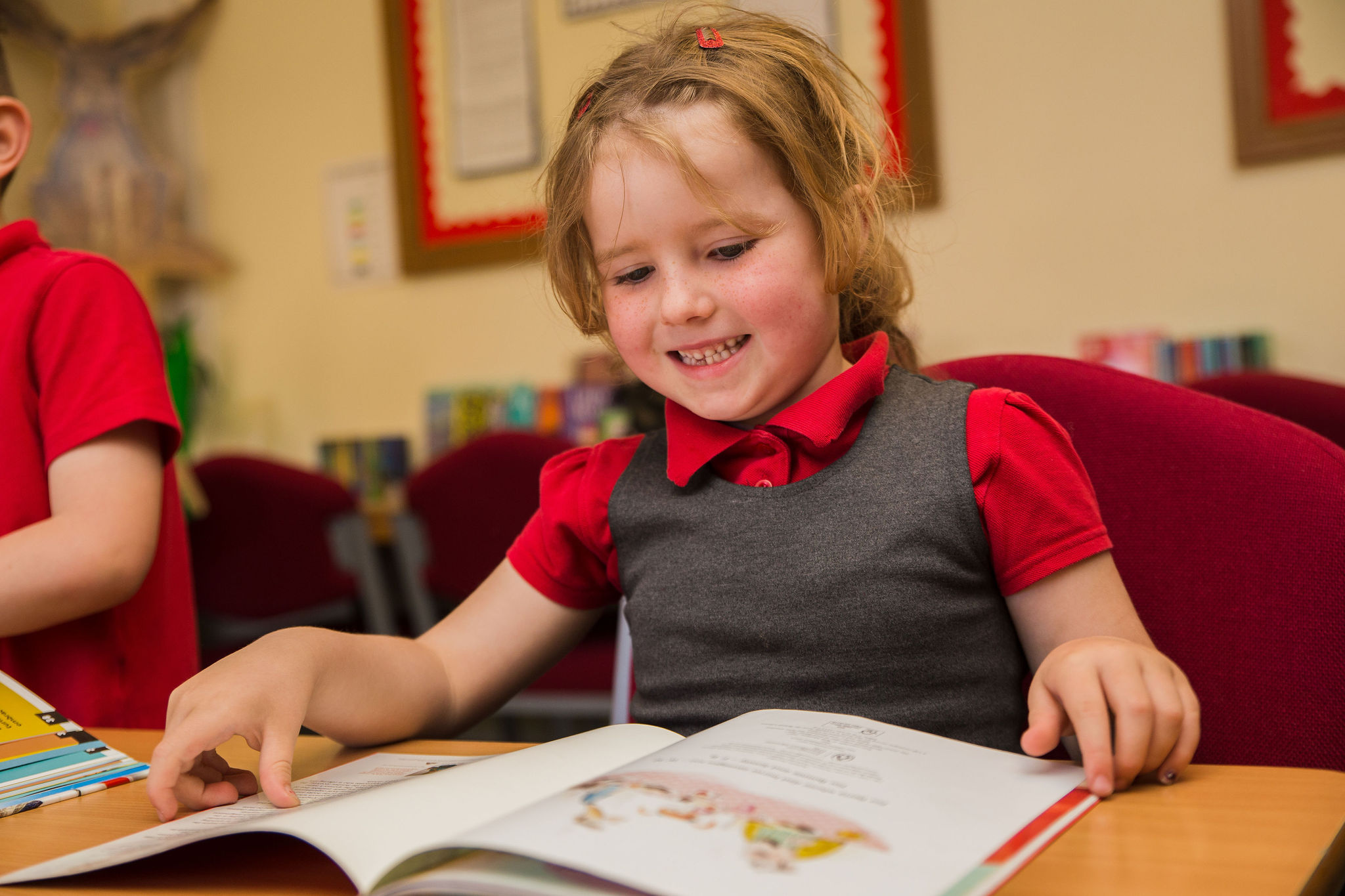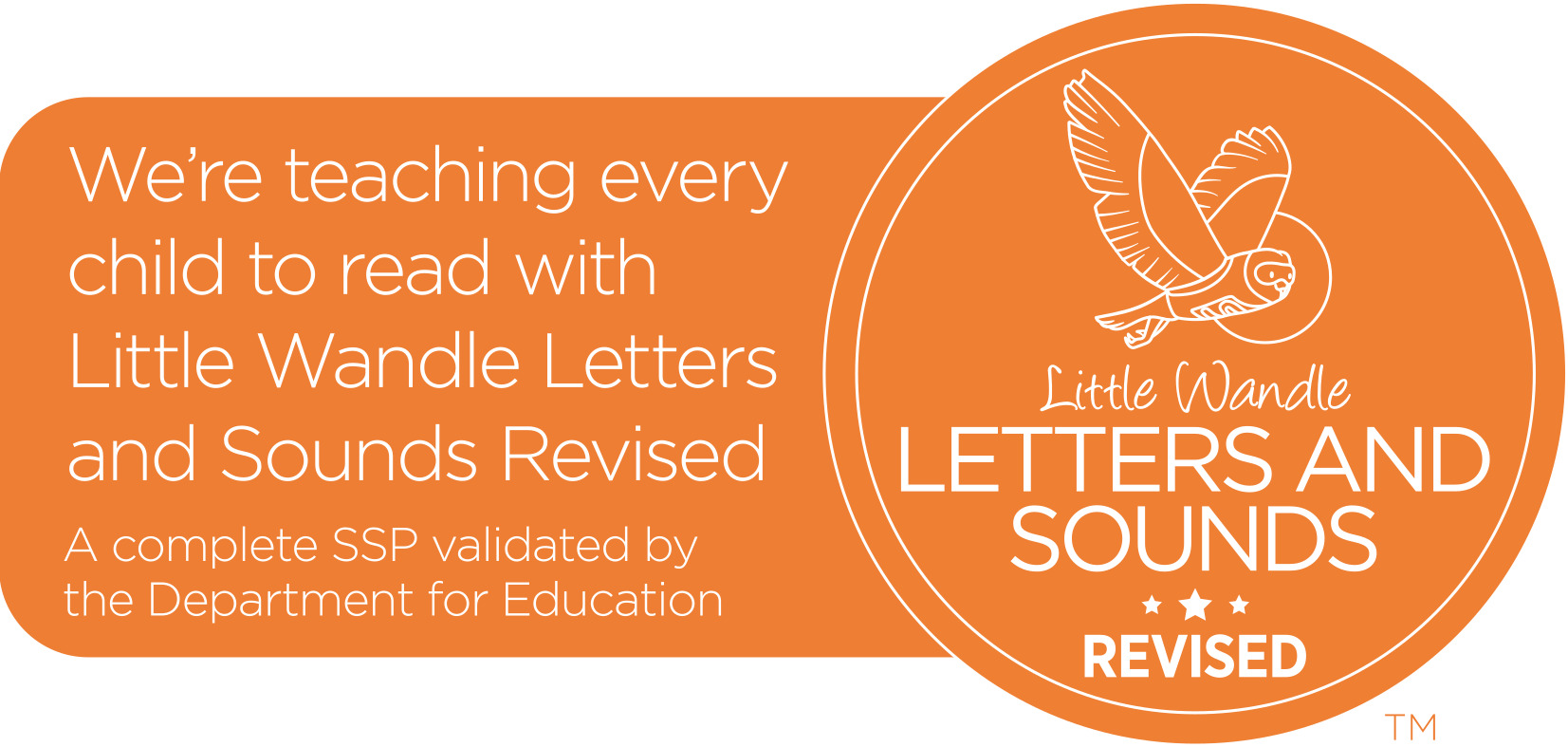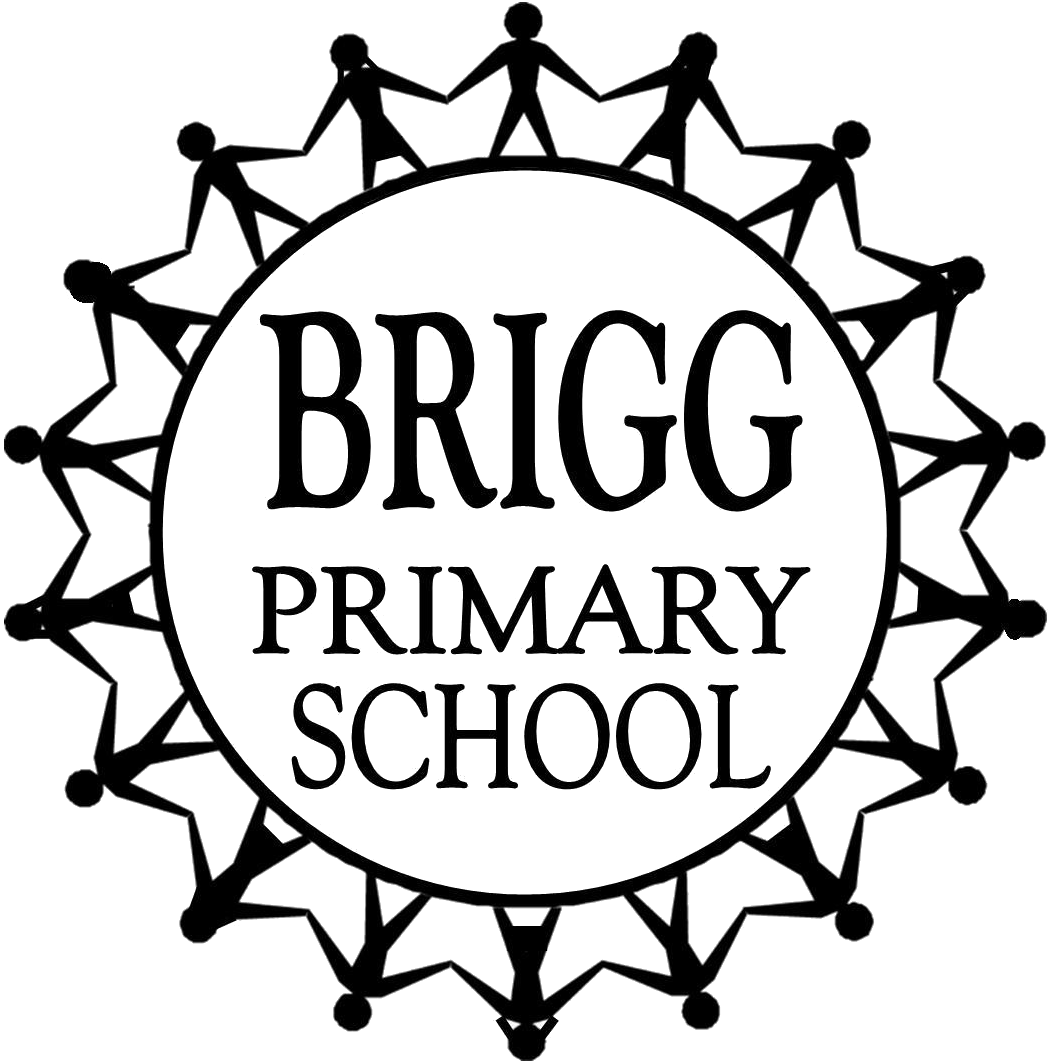KS1 Reading
At Brigg Primary School we love reading and we know how important it is for children to be fluent, confident and happy readers. Developing our reading skills doesn’t just help us to become great readers, but also writers, problem solvers, scientists, explorers, artists …
We promote the love of reading at Brigg Primary from the moment your child starts with us; the sharing of good quality stories, access to our wonderful library, the teaching of phonics, group reading, one-to-one reading and the use of high quality text in lessons.
“The more that you read, the more you will know! The more you learn, the more places you will go!”
Dr Seuss

Little Wandle
Brigg Primary uses the Little Wandle scheme for the teaching of early reading.

Phonics
Year 1 and Year 2 children have daily phonics sessions which introduce new GPCs and decodable words daily as well as reviewing previously taught GPCs and words. We also have a focus on ‘tricky words’ which are words which cannot be easily decoded. Part of this lesson also focusses on spelling using the new GPCs and tricky words.
As children in Year 2 gain in knowledge and confidence they will move onto a different scheme.
Group Reading
Linked to the phonic sessions we also run Little Wandle Group Reading sessions. Children work in small groups with either the class teacher or TA to read ability matched books. Over the course of 3 reading sessions, groups read a book three times focusing on ‘decoding, ‘prosody’ and ‘comprehension’.
Reading at home
Sharing books and reading at home is vital to a child’s progress as well as promoting a love of reading which will stay with them throughout their childhood.
At Brigg Primary children are expected to read at least three times a week at home.
All children in the school have been provided with a reading planner. This should be brought into school each day with the child’s reading book. We ask parents to sign and date when you hear your child read at home. Comments about support required or particular successes can also be made.
Children need to read their reading books three times before they are able to change them. This is to support their decoding, prosody and comprehension skills as we do in our Group Reading sessions.
Once children move onto Accelerated Reader books they can read each book once. However, if children achieve less than 70% in their end of book quizzes we may ask them to read their books more than once to ensure understanding.
Assessments
Children in Year 1 will take part in the national Phonic Screening Check in June. This check assesses the children’s ability to recognise, the GPCs (graphemes and phonemes) taught in Reception and Year 1 within a range of words, including real a pseudo (fake) words. This is completed with a member of the school staff on a one-to-one basis and results are given with the end of year report.
Children in Year 2 will take part in the end of Key Stage assessments (SATs) in May. These include reading comprehension tests, where children read a variety of texts independently and answer questions to assess their understanding of what they have read. Results are given with the end of year report.
Accelerated Reader
As children move through Year 2 and into KS2 they will begin to bring home an Accelerated Reader book. These are books that will not only match their ability, but will also challenge them and develop their vocabulary. Each half term, children will complete an online comprehension test. The outcomes of these tests will help staff to direct children to the book shelves and school library that fall within this range and when they have finished the book they will take a short, electronic quiz that assesses their understanding of what they have read.

Key Vocabulary
This is the vocabulary that we use in school and that the children are familiar with.
GPCs – Grapheme, Phoneme correspondence.
Grapheme – the letters which are used to write a sound.
Phoneme – the sound made by letters or combinations of letters.
Digraph – 2 letters together which make a sound, eg green.
Split digraph – 2 letters together which make a sound but are split with another letter between, eg cake.
Trigraph – 3 letters together which make a sound, eg night.
Decoding – the use of phonic knowledge to recognise known GPCs, segment and blend to read a word.
Prosody – Reading with fluency and pace, without the need to segment and blend more than 5% of the words.
Comprehension – understanding what they have read and being able to answer questions.
